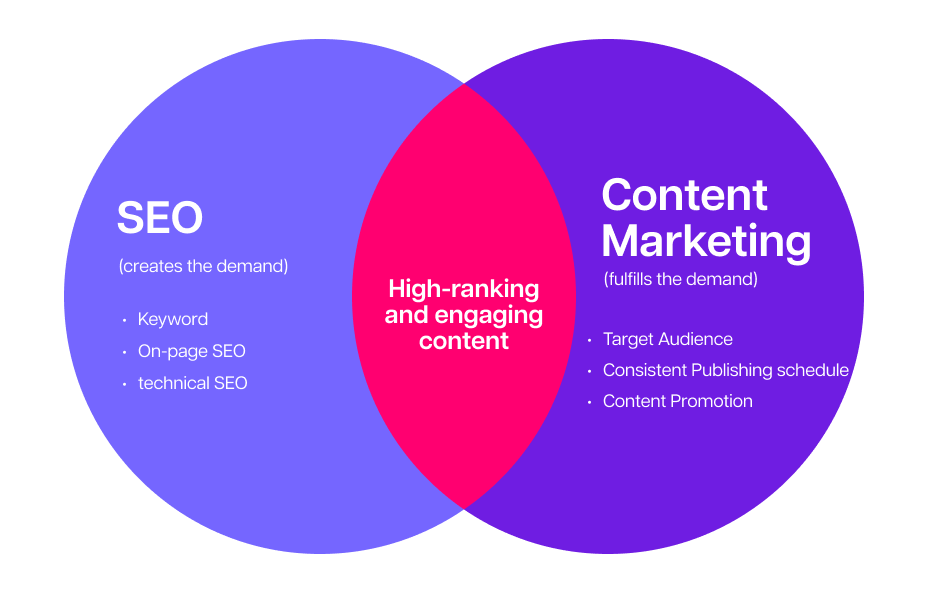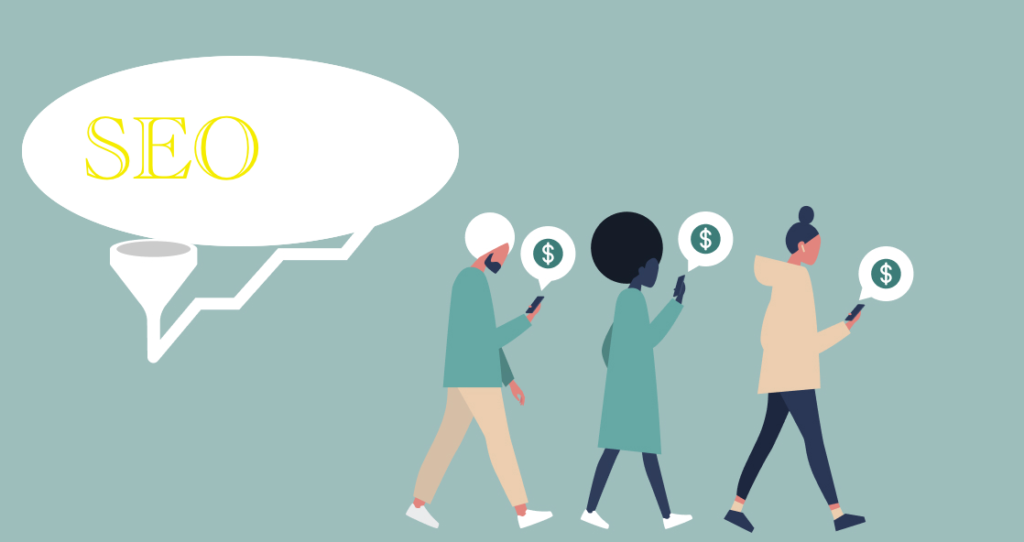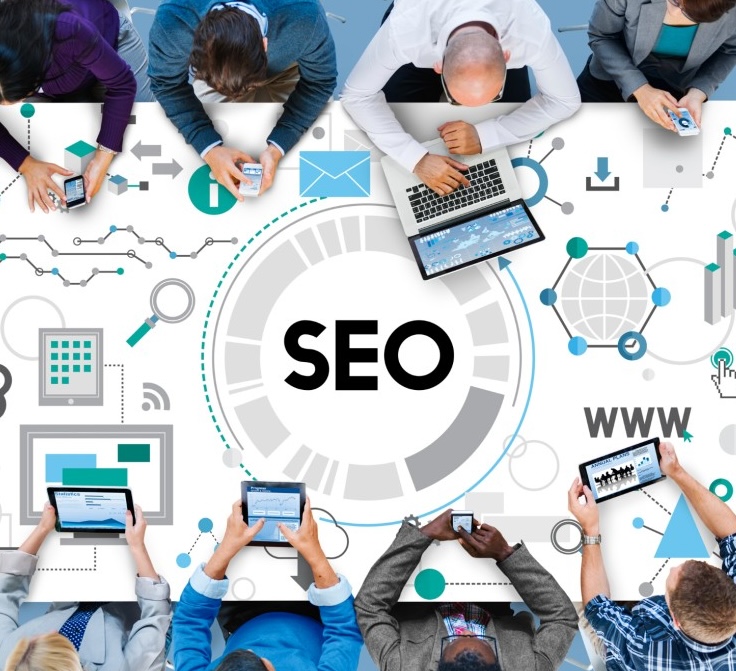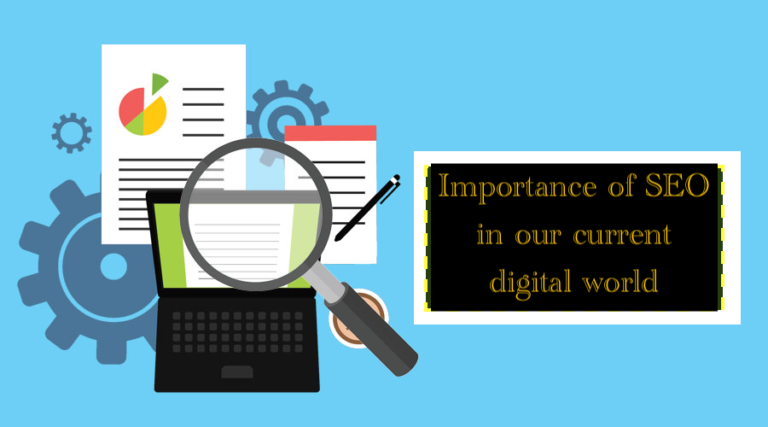In today’s digital age, businesses strive to attract and convert website visitors into customers effectively. One of the key drivers of online success is Search Engine Optimization (SEO), which plays a critical role in bringing quality traffic to websites. Understanding why visitors coming from SEO tend to have higher conversion rates is essential for businesses looking to optimize their online presence and drive meaningful results. This article explores the reasons behind the strong correlation between SEO-driven traffic and conversion rates.
SEO and Conversion Rates
Search Engine Optimization (SEO) is the practice of optimizing a website to rank higher in search engine results pages (SERPs) for relevant keywords and phrases. When implemented effectively, SEO helps drive organic traffic to a website, attracting visitors who are actively searching for products, services, or information related to what the business offers.
Conversion rate refers to the percentage of website visitors who complete a desired action, such as making a purchase, filling out a form, signing up for a newsletter, or downloading content. Higher conversion rates indicate that a larger proportion of visitors are taking the desired actions, ultimately contributing to business growth and success.
Quality of SEO Traffic
One key reason why visitors coming from SEO demonstrate higher conversion rates is the quality of traffic generated through organic search. Unlike other forms of traffic (e.g., paid ads or social media), SEO-driven traffic tends to be highly targeted and relevant. Here are several factors that contribute to the quality of SEO traffic:
- Intent: Visitors coming from organic search results often have specific intent. They are actively looking for products, services, or information related to the keywords they used in their search queries. This intent-driven behavior makes them more likely to convert
- Trust and Credibility: Websites that rank high organically are perceived as more trustworthy and credible by users. Being prominently displayed in search results builds credibility, which can positively influence visitor behavior and increase conversion rates.
- Long-Term Benefits: Unlike paid advertising, which stops driving traffic once the budget is exhausted, SEO can provide sustainable, long-term results. Once a website achieves high rankings for relevant keywords, it continues to attract organic traffic without ongoing investment, leading to consistent conversion opportunities.

User Experience and SEO
User experience (UX) plays a critical role in both SEO performance and conversion rates. Websites that are well-optimized for SEO often offer a better user experience, which in turn contributes to higher conversion rates. Here’s how UX impacts SEO-driven conversions:
• Page Load Speed: SEO-optimized websites are typically fast-loading and mobile-friendly, providing a seamless browsing experience. Faster load times reduce bounce rates and improve user engagement, ultimately increasing conversion rates.
• Relevant Content: SEO encourages businesses to create high-quality, informative content that addresses user queries and needs. Websites that provide valuable content are more likely to engage visitors and convert them into customers.
Trust and Authority
You can contact our experts for a free consultation
SEO is not only about optimizing for search engines but also about building trust and authority with users. Websites that consistently deliver valuable content, earn backlinks from reputable sources, and have positive user interactions are perceived as authoritative within their industry. This authority fosters trust among visitors, making them more inclined to convert.
Conclusion
In conclusion, visitors coming from SEO-driven traffic demonstrate higher conversion rates due to several key factors: the quality of traffic, user intent, trust and credibility, long-term benefits, and positive user experience. By investing in effective SEO strategies and focusing on delivering valuable content and exceptional user experiences, businesses can attract more qualified visitors and convert them into loyal customers. As the digital landscape continues to evolve, SEO remains a fundamental component of successful online marketing, driving sustainable growth and maximizing conversion opportunities.



